It is my wish that my ashes may repose on the banks of the Seine, in the midst of the French people, whom I have loved so well.
Napoleon Bonapart
France's incredible history has produced a huge number of incredible people.
The country sits proudly to the west of Europe. It shares borders with Spain and Andorra to the southwest, Belgium, Luxembourg, Germany, Switzerland, Italy, and Monaco along its eastern borders. It also has miles of coastline. To the north, the English Channel, the Atlantic Ocean to the west, and the Mediterranean Sea to the south.
Throughout its history, there have been many famous French people excelling in various domains like art, literature, and philosophy, as well as the historical figures that shaped the country and its borders.
In this article, we listed what we consider 20 of France's most important people.

1. Joan of Arc (1412-1431)
Joan of Arc is most famous for helping to end the Hundred Years War when she secured a French victory over the English by reclaiming the original French land.
Joan of Arc’s actions in the run-up to this triumph was down to her religious devotion.
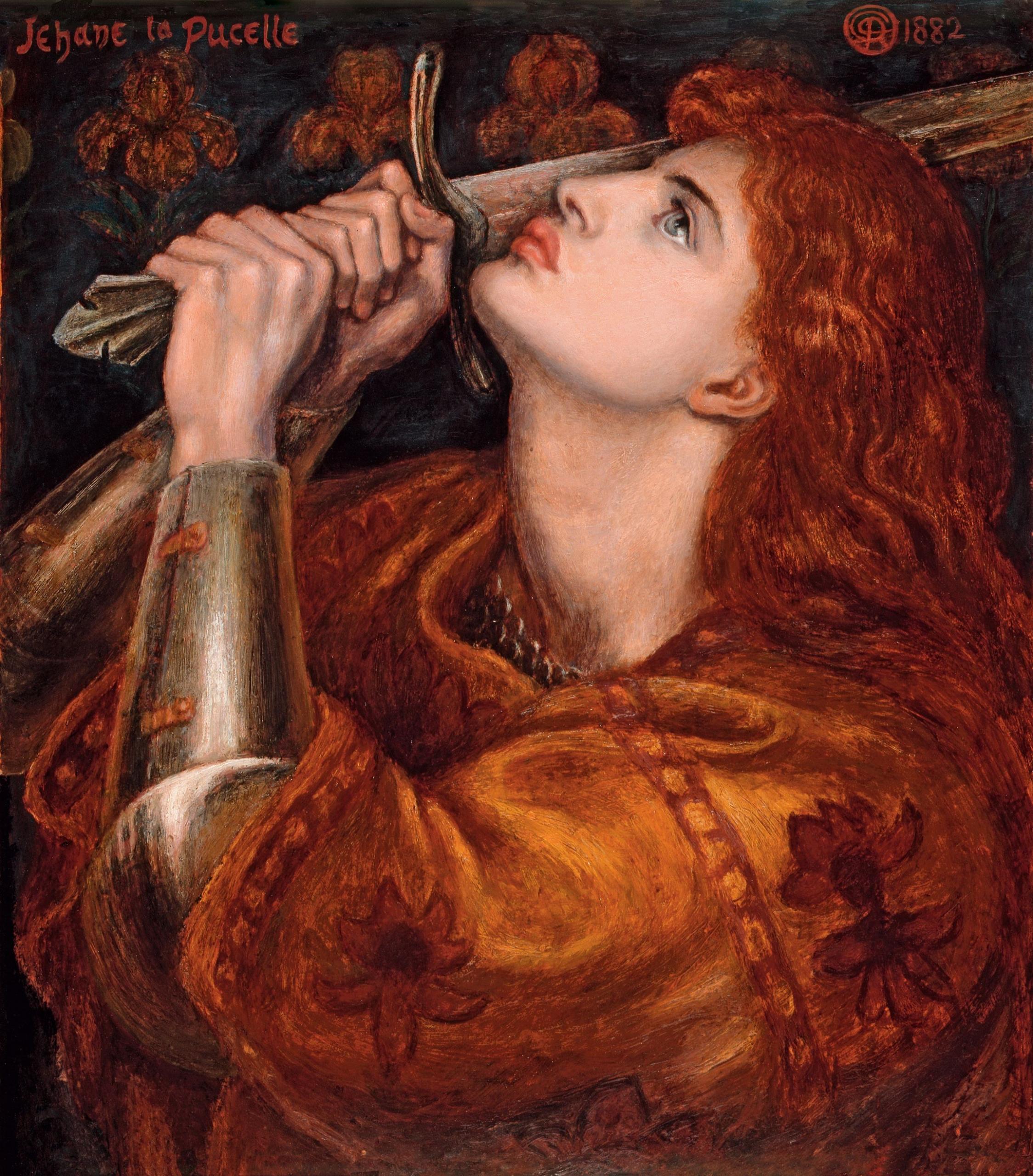
She is said to have had holy visions in which she was encouraged to take action by St Michael and St Catherine as she was to be, they said, her country’s savior.
After she had sought an audience with the French heir, Charles, upon the instruction of the saints, Joan led several battles alongside the Dauphin which resulted in France regaining control of land previously lost to the English.
In 1429, Charles was crowned the King of France and became Charles VII. Although the French had taken back the throne, there was still conflict with the English, and Joan was sold to them as a hostage by the Burgundians. She was later charged with counts of witchcraft and heresy and burnt at the stake.
I am not afraid... I was born to do this.
Joan of Arc
2. René Descartes (1596-1650)
René Descartes was a French philosopher, mathematician and scientist and is considered to be one of the founders of modern philosophy.
Descartes is considered to be one of the founders of modern philosophy.
He was instrumental in the wave of "enlightenment" thinking in France.
He was also responsible for the increased attention given to Epistemology.
Thus, some consider him the father of modern science.
His works are still studied all around the globe today in philosophy classes.
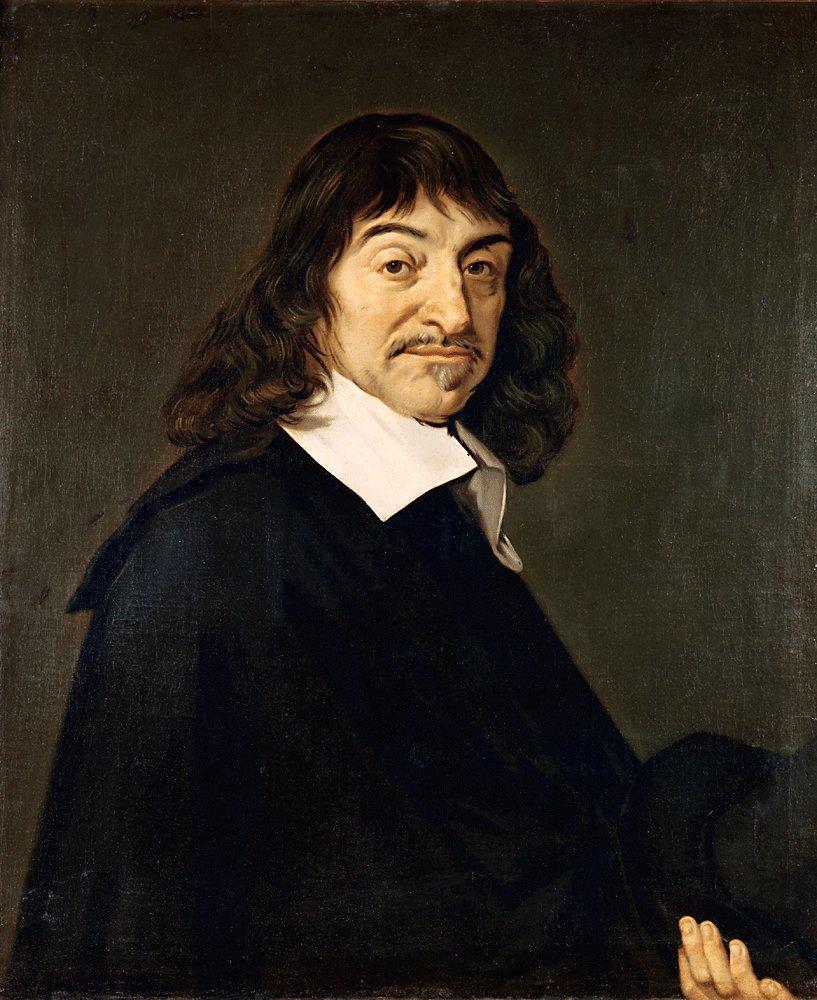
Descartes's musing and thoughts are often quoted and while we could list plenty of them, there's one that probably everyone will be familiar with.
Learn more about French history or language with French tutors near me on Superprof.
I think, therefore I am.
René Descartes
3. King Louis XIV (1638-1715)
King Louis XIV of France, was also famously known as the Sun King.
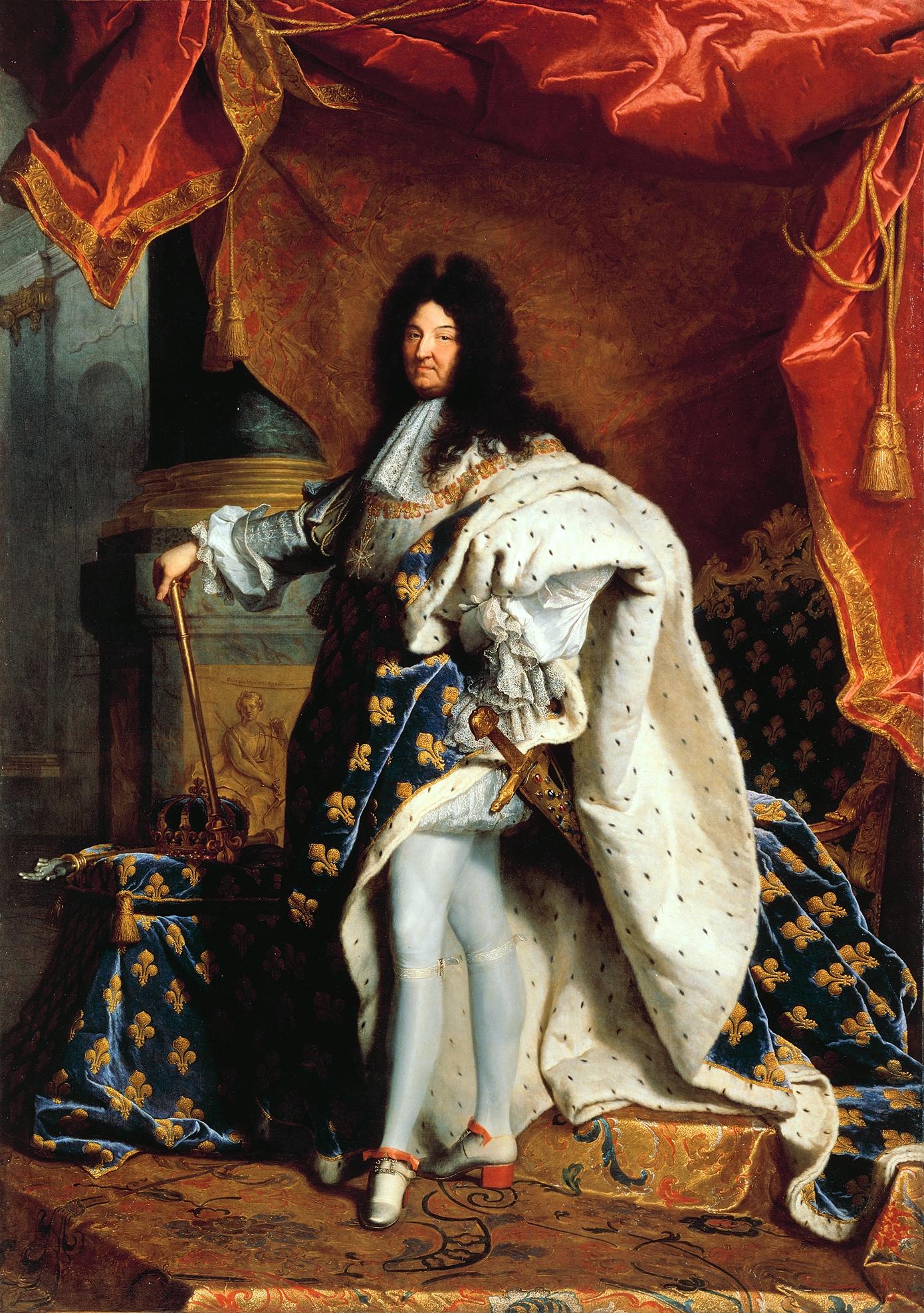
He was crowned King of France at the age of just 4 years old following the death of his father.
Initially, Cardinal Mazarin, Louis’ chief minister, had assisted in the running of the country.
When Mazarin died in 1661, Louis decided to rule alone as an absolute monarch, believing himself to be ruling directly on God’s behalf.
His reign of 72 years and 110 days makes him France's longest-serving monarch.
I am the state.
Louis XIV
4. Voltaire (1694-1778)
Voltaire was an 18th-century French writer whose works are representative of the philosophical and cultural movement of the Enlightenment which took place in Europe in the 1700’s.
Voltaire is known for his criticism of Christianity throughout his satirical works as well as his support for the separation of church and state.
Throughout his life, Voltaire wrote all manner of literary works.
His most notable work is arguably Candide (1759), which criticises the unfounded optimism present in religion and the problems around the idea of finding true happiness.
During his life, Voltaire spent life in prison for his attacks on religion and the government in La Henriade (1723).
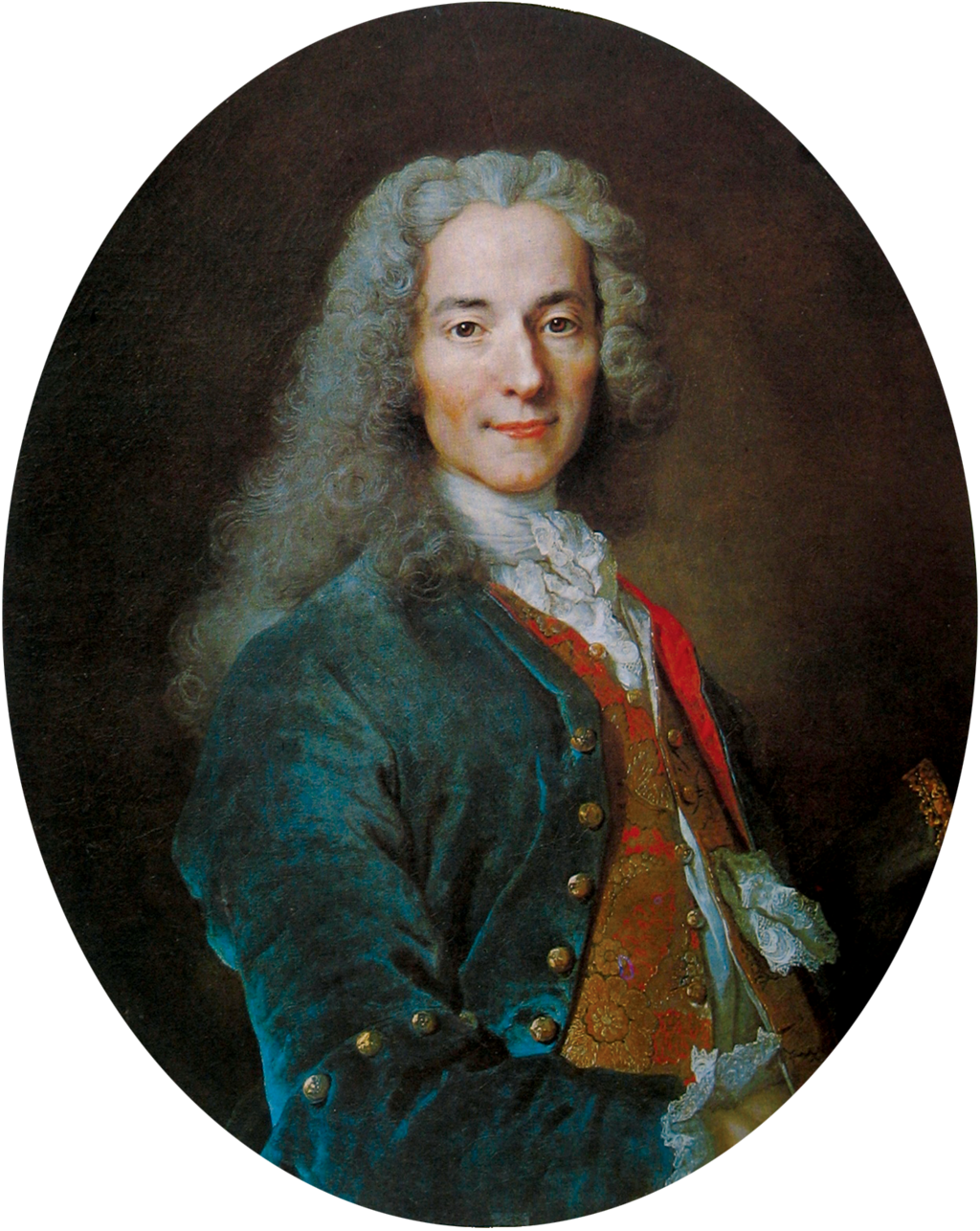
He also exiled himself to England (a country with a famously complicated relationship with France) and the town of Ferney (on the French-Swiss border which is now known as Ferney-Voltaire) to flee more jail time for his writings.
To hold a pen is to be at war.
Voltaire
5. Marie Antoinette (1755-1793)
Marie Antoinette was born as an Austrian Archduchess in 1755.
At age 14, she married the heir to the French throne, Louis-Auguste, who would become King Louis XVI and the last king of France, and Marie Antoinette would be the last queen.
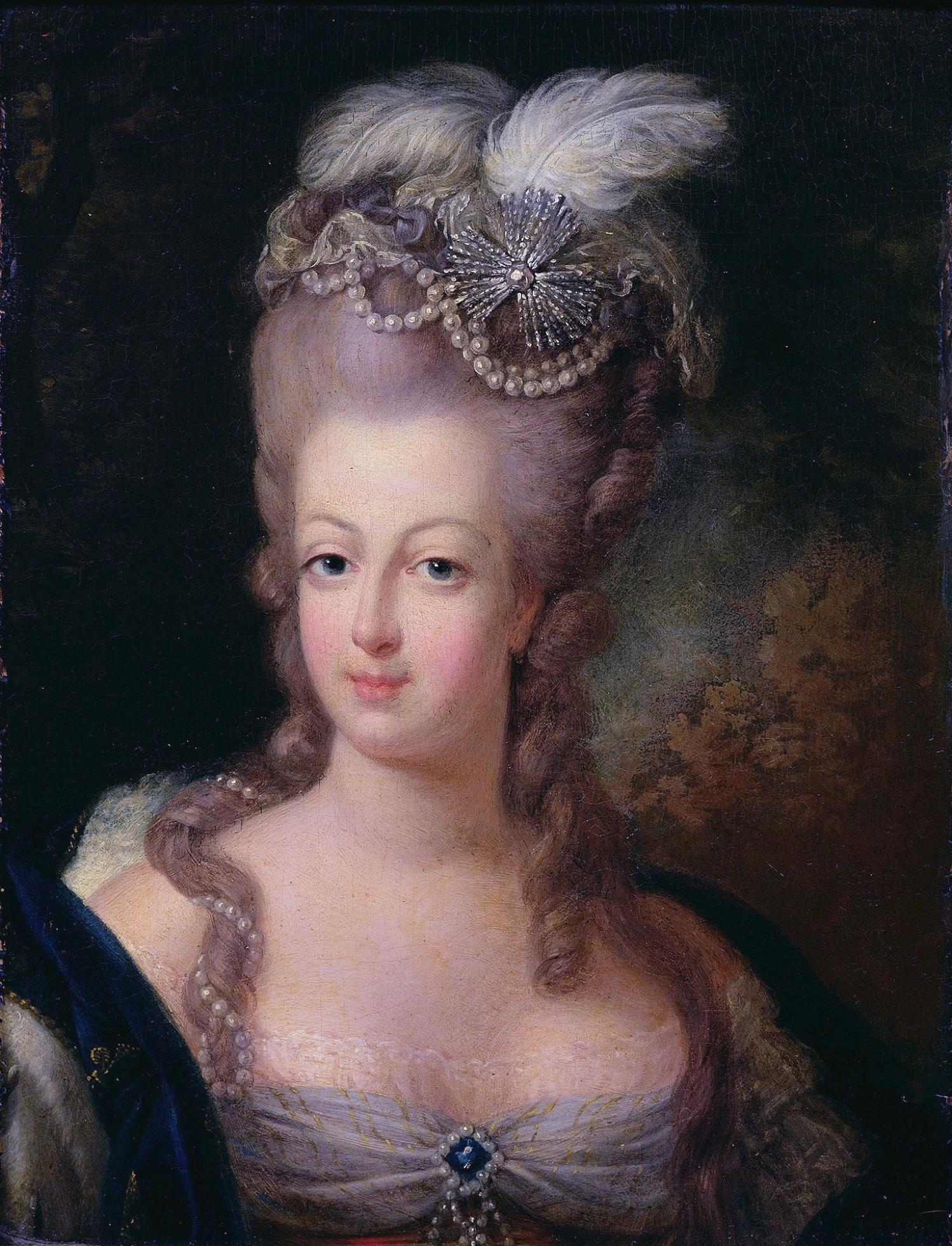
At the beginning of her reign as queen of France, Marie Antoinette was highly regarded by citizens of France, however, when she gained a reputation as a symbol of the monarchy’s lavish spending, opinion of her and of the centuries-old institution of the monarchy plummeted.
Marie Antoinette is reported to have said “let them eat cake” on hearing that the population had no access to bread at the beginning of the French Revolution, though there's no evidence for this.
The decline in opinion of Marie Antoinette and her husband King Louis XVI was a contributing factor to the French Revolution.
Discover more about these fascinating historical figures with French tutors near me.
I have seen all, I have heard all, I have forgotten all.
Marie Antoinette
6. Maximilien Robespierre (1758-1794)
Robespierre was a lawyer and politician and one of the most influential figures during the events leading up to the French Revolution.
During this turbulent period of French history, Robespierre was amongst the loudest voices to stand up against the monarchy and the feudal three-class system operating in France at the time.
His goal was to create a united and indivisible France, equality before the law (including voting rights for men of all classes), to abolish certain group privileges and to defend the direct principles of democracy.
Robespierre is best known for his role as a member of the Committee of Public Safety, during the height of the "Reign of Terror", the politically motivated bloodshed which involved a copious usage of the guillotine.
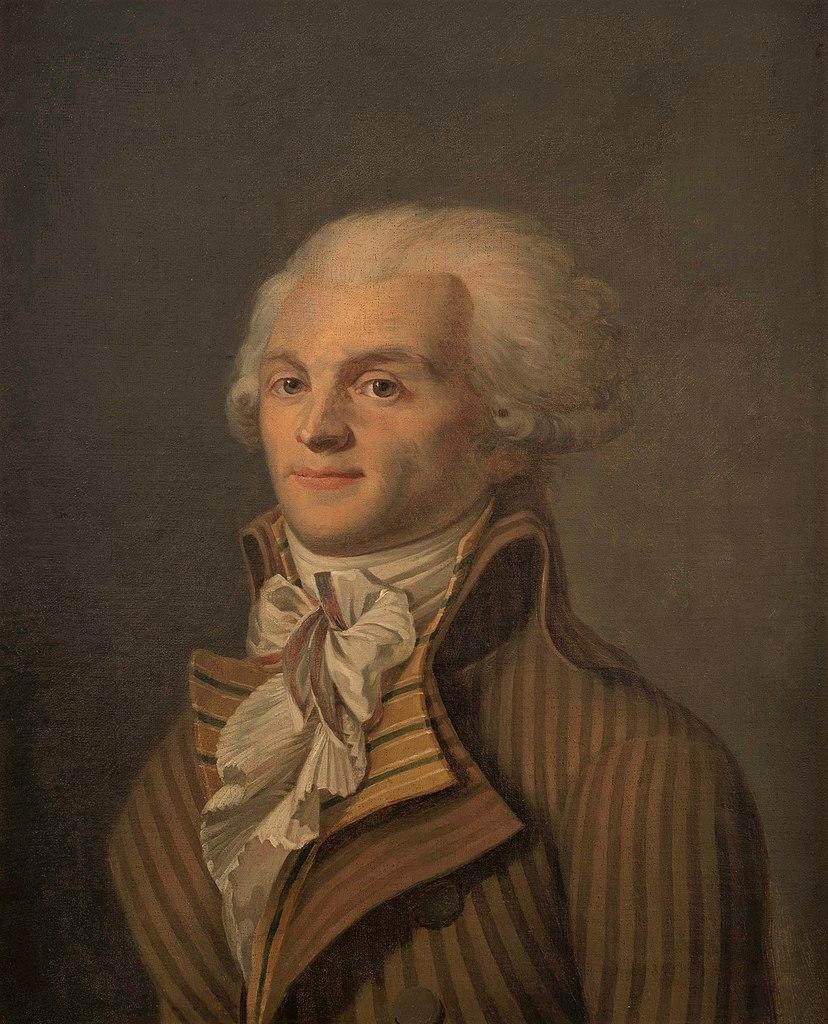
To some, Robespierre embodies the spirit of the new democracy France was making, although for others he embodies the Terror, exemplified by his beheading. Either way, his name has been forever written in history books all across the world.
The king must die so that the country can live.
Maximilien Robespierre
7. Napoleon Bonaparte (1769-1821)
Eventually rising to the position of Emperor of France, Napoleon Bonaparte started as a member of the French military during the Revolution.
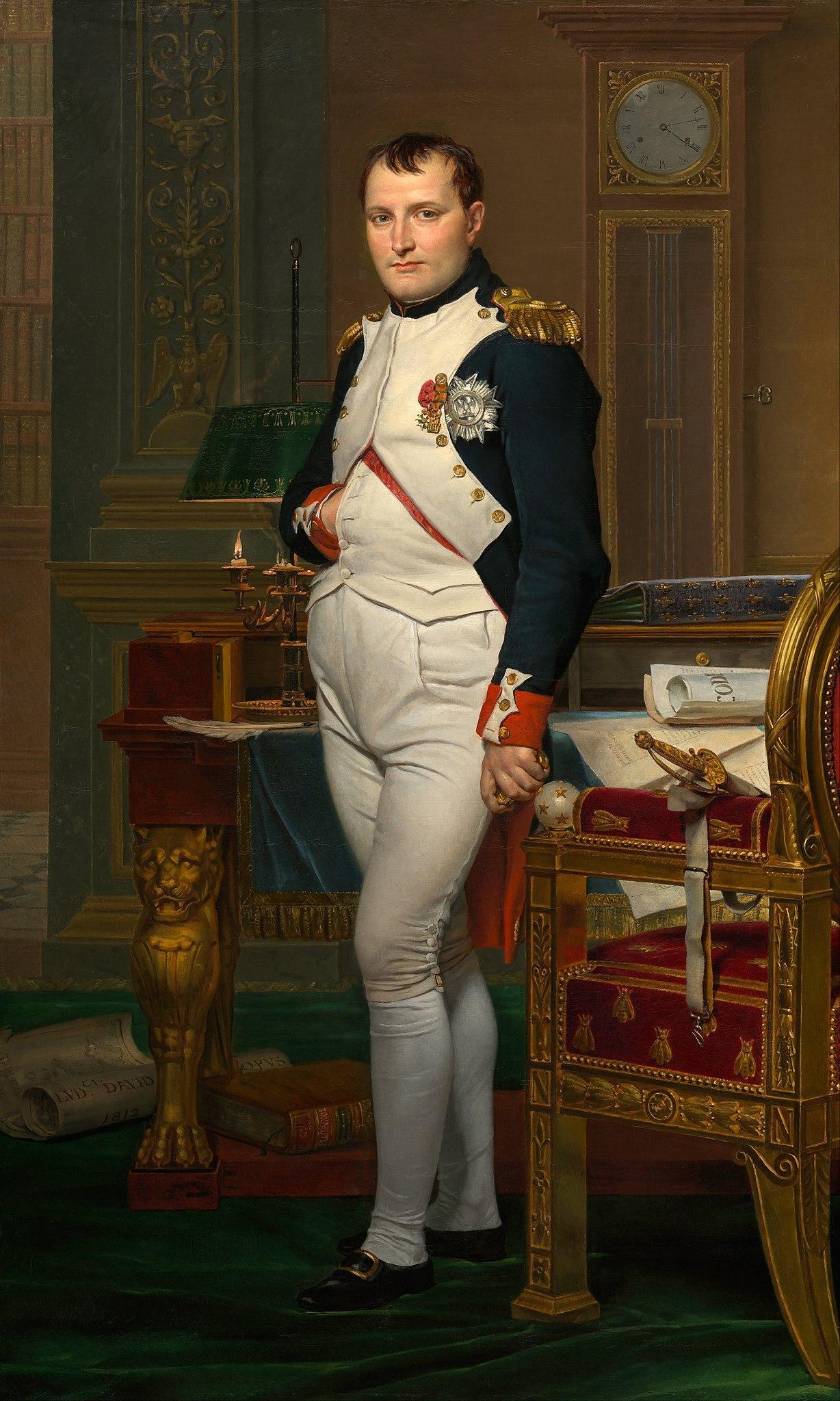
One of the most famous parts of Napoleon’s legacy is the Napoleonic Code.
This was a new legal code for France that replaced the complex pre-revolution system.
The Napoleonic code detailed everything from the rights of individuals and families to property and the management of colonies.
Though unpopular with some, Napoleon’s new code was adopted by several other countries, including those in South America as a template for their civil codes.
Learning about French history with French tutors near me will make you more knowledgeable about modern-day Europe.
Never interrupt your enemy when he is making a mistake.
Napoleon Bonaparte
8. Victor Hugo (1802-1885)
Victor Hugo was a French writer famous for poems, novels and plays. His most famous works include The Hunchback of Notre Dame (1831) and Les Misérables (1862).
In the English-speaking world, both of these works enjoyed increased recognition through their adaptations for the big screen and the stage respectively.
Hugo’s works are important contributions to the Romantic era. This artistic period focused on the poetic side of art and used nature as a springboard for creating meaningful works.
The Hunchback of Notre Dame tells the story of a man who is mistreated by the people of the town for the way he looks. This was the first semi-political work which would be followed by many more.
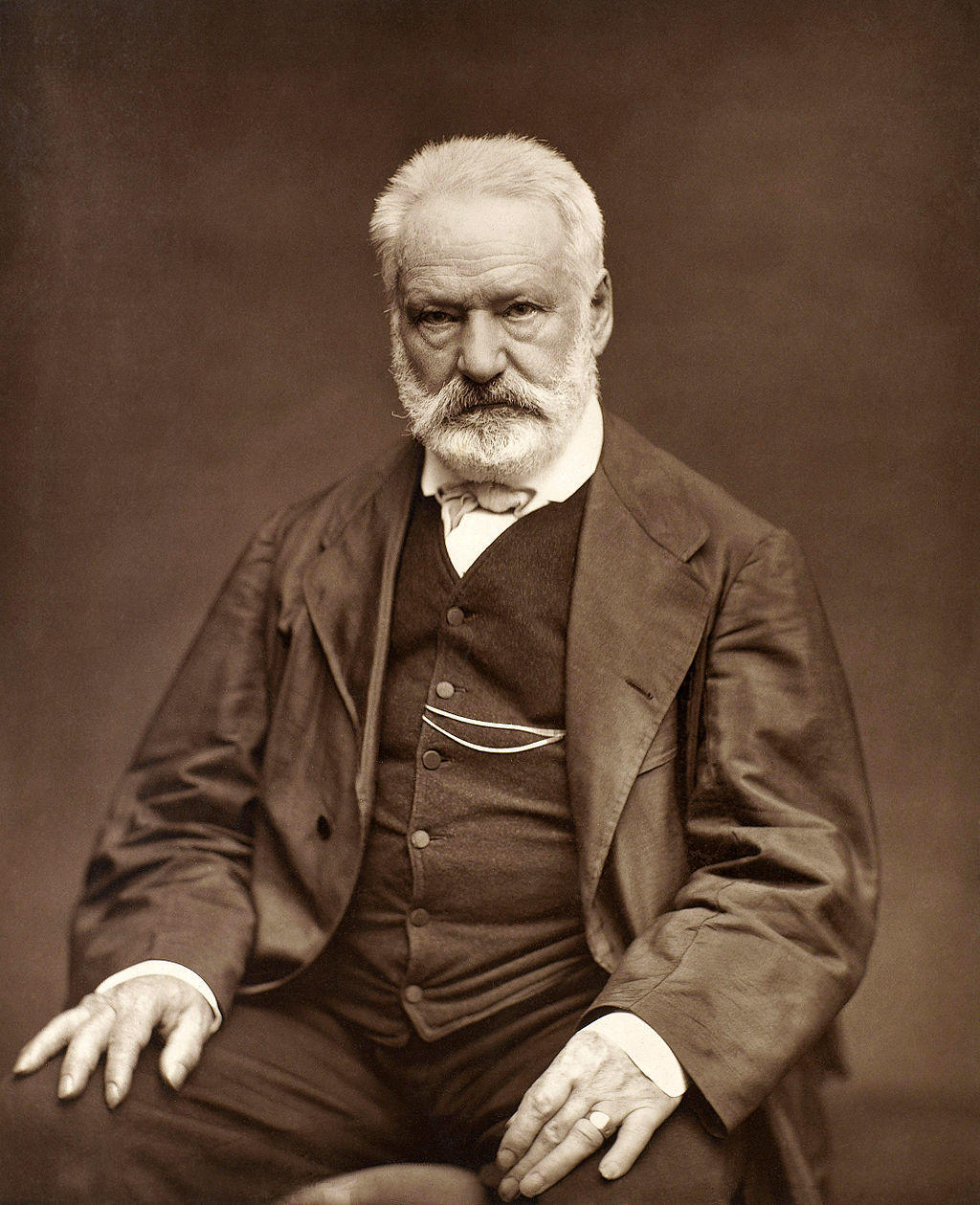
Set in 1845, Les Misérables follows the life of a man who was imprisoned for stealing a loaf of bread to feed his niece during a period of hardship. This also contains many messages about the flaws of post-revolutionary French society.
To love beauty is to see light.
Victor Hugo
9. Marie Curie (1867-1934)
Originally from Poland, Marie Curie was the first woman to be awarded the Nobel Prize and was also the first to win the award more than once.
Curie dedicated her life to researching radioactive materials and is credited with the discovery of radium and polonium, as well as coining the term ‘radioactive’.
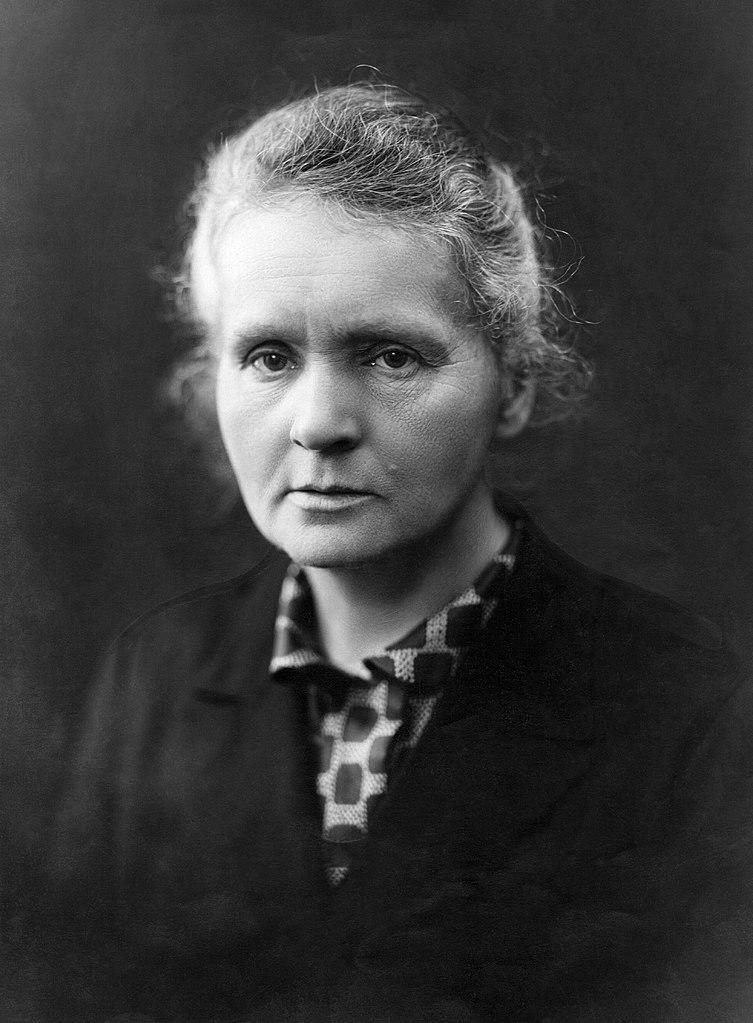
Curie’s efforts in the fields of physics and chemistry didn’t stop at research.
She also worked with the government on portable x-ray machines that could be used for soldiers on the battlefields of the First World War.
Curie paid the ultimate price for her services to science.
Her exposure to radioactive materials meant that she died at age 66 from aplastic anaemia caused by radiation.
Even 100 years later, many of Marie Curie's possessions are still extremely radioactive and need to be stored in lead-lined boxes in France's National Library in Paris.
10. Alfred Dreyfus (1859-1935)
Alfred Dreyfus was a French artillery officer during the First World War who was convicted of treason in 1894 after being suspected of informing German forces on French artillery and causing French military defeats.
After being stripped of his title as an army officer in public, Dreyfus exclaimed that he was innocent and worthy of serving in the army.
While Dreyfus was serving his sentence of life imprisonment in French Guiana, new evidence came to light that
Dreyfus was, in fact, innocent, however, the new findings were covered up until the story was given to the press.
Dreyfus’ Jewish faith and the suspicion of anti-Semitism in the French military brought the debate around the religious freedom of French citizens into the public eye.
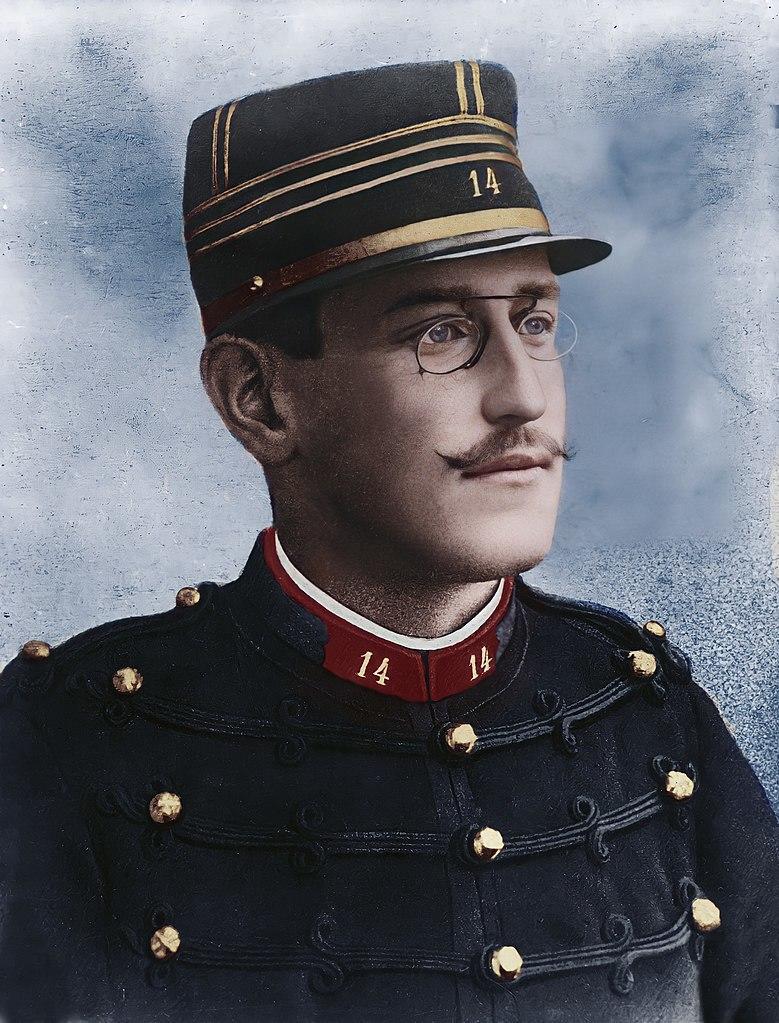
The popular opinion that Dreyfus was innocent meant that he was given a retrial, however, he was again found guilty. With Dreyfus locked up once more, there was another public outcry which led to his release and pardon.
Dreyfus was reinstated as an army officer and even promoted.

11. Charles de Gaulle (1890-1970)
Charles de Gaulle was a military leader in the Second World War before later becoming President of France.
During his military and political career, de Gaulle was at the center of radical events and changes to the French government and the Algerian War of Independence in 1962.
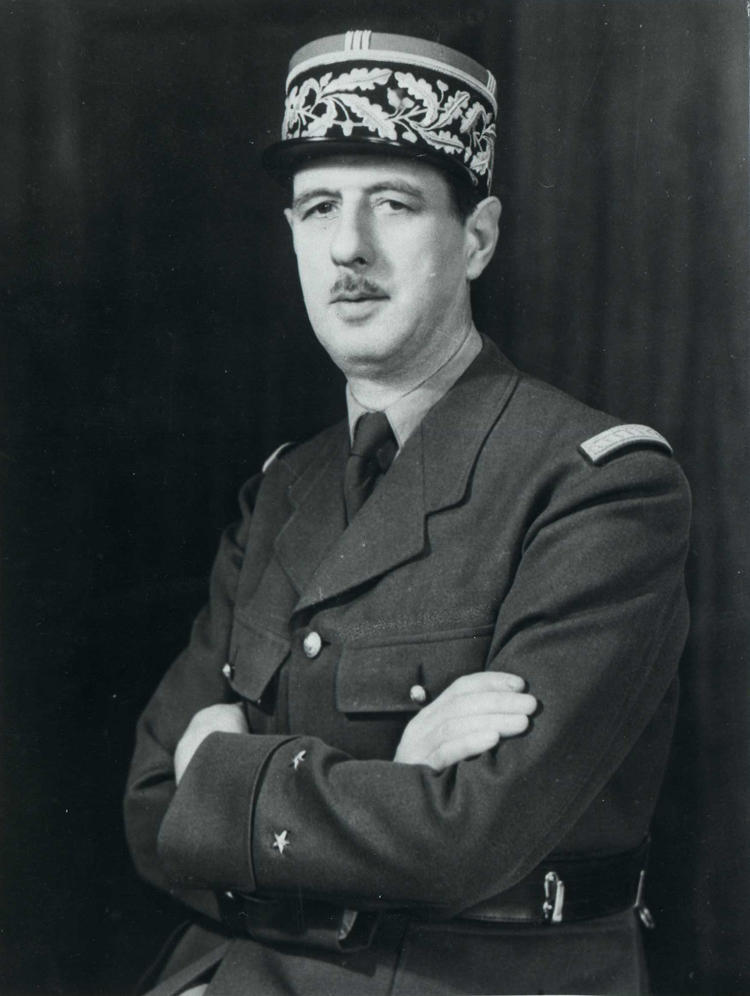
As a military officer, de Gaulle criticized the French government’s approach to the threat of German invasion.
Once Paris had been seized, he fled to the UK, where he formed the French government in exile as leader of Free France in 1940.
Following the liberation of Paris in 1944, de Gaulle returned to Paris with a desire to form a new government, however, when this failed in 1953, he retired. But this was not the end of de Gaulle’s power.
He returned to govern France following the independence movement in Algeria (a French colony at the time) in 1958 and was president of France until 1969.
France has lost a battle, but France has not lost the war.
Charles de Gaulle
Find interesting French lessons here on Superprof.
12. Jean-Paul Sartre (1905-1980)
Jean-Paul Sartre was a philosopher and anticolonialist famous for his work on the theory of existentialism.
Sartre published a host of plays, essays and political works.
The most famous of these include the play No Exit (1944), an existentialist play in which all of the characters are trapped in a room together with no escape.
The play famously includes the quote "L'enfer, c'est les autres", which is French for "Hell is other people".
Sartre famously refused the Nobel Prize for Literature in 1964, stating that a writer should not allow themselves to be turned into an institution.
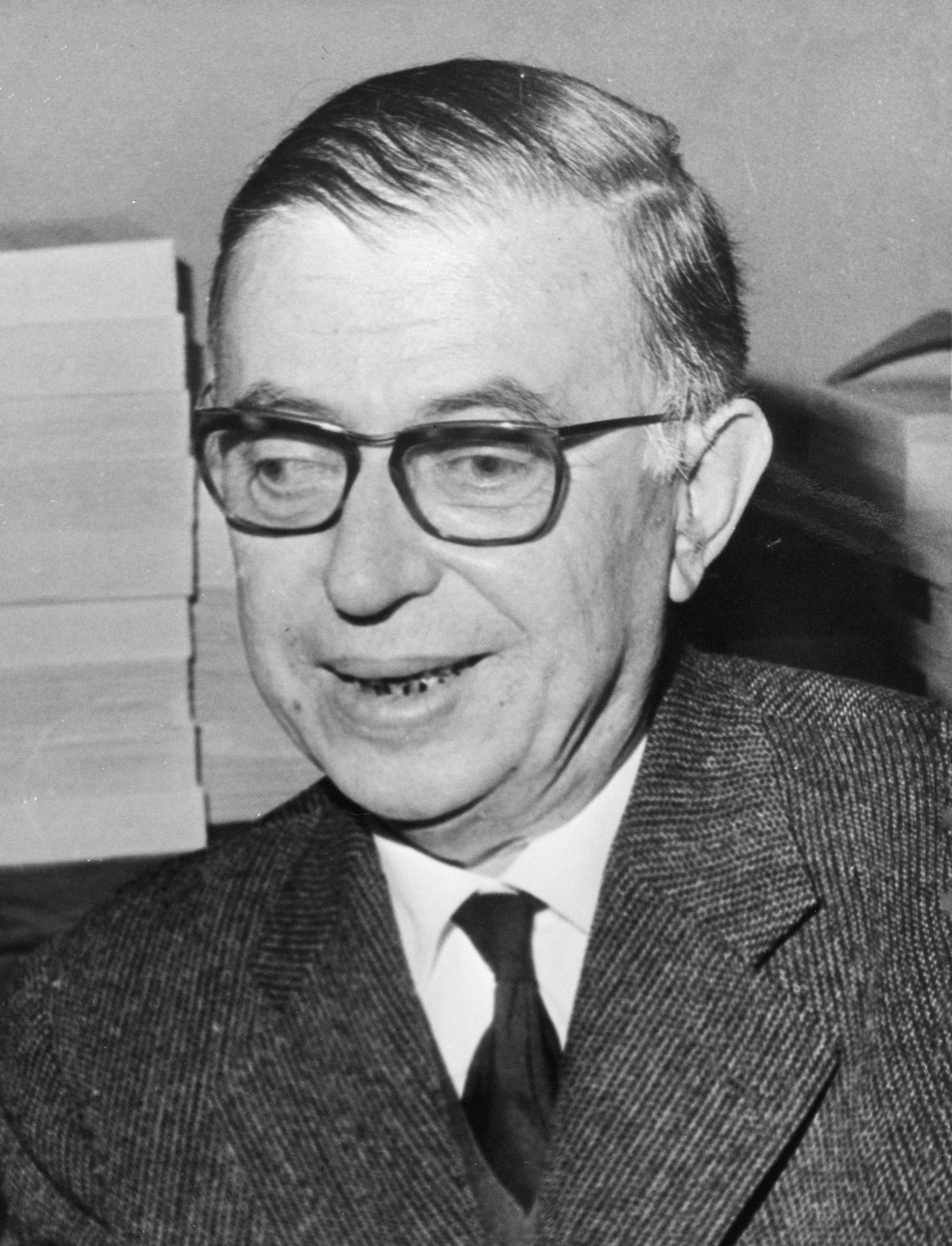
Le Duc Tho, the Vietnamese revolutionary also famously refused the 1973 Nobel Peace Prize, citing the state that Vietnam had been left in as the reason.
Everything existing thing is born without reason, prolongs itself out of weakness, and dies by chance.
Jean-Paul Sartre
Discover amazing tutors and take French classes near me on Superprof today!
13. Claude Monet (1840-1926)
Claude Monet was a French artist and the founder of French impressionist painting.
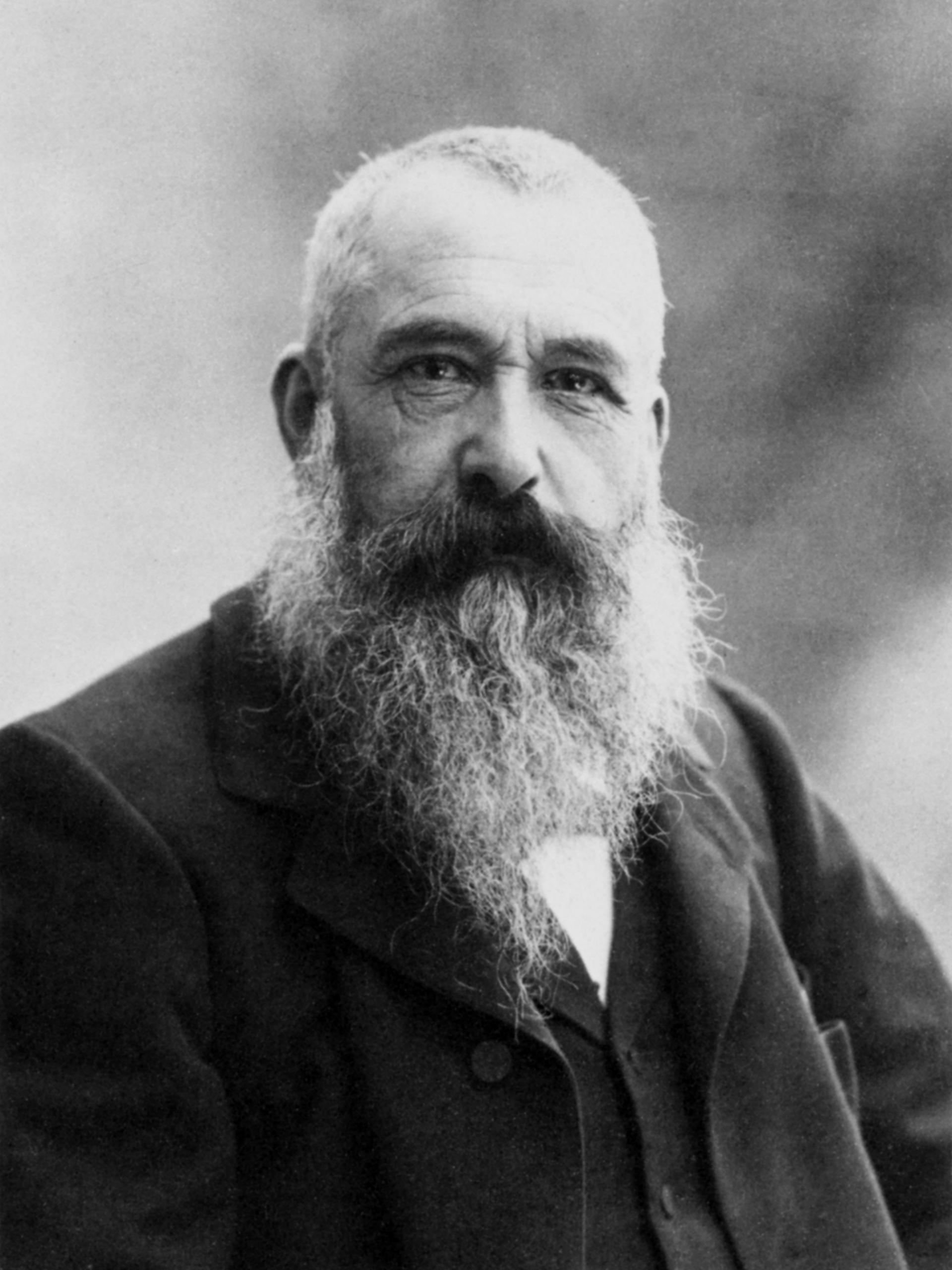
He spent many years documenting the French countryside through art.
He developed his signature style of painting, making him one of France's most famous artists.
Monet's works remain a popular attraction in art galleries across the planet and many also have prints of his artworks up in their houses.
Some of his most famous subjects are water lilies and a bridge.
Monet's garden at Giverny, which featured in many of works, can still be visited today.
My wish is to stay always like this, living quiety in a corner of nature.
Claude Monet
14. Gustave Eiffel (1832 - 1922)
Gustave Eiffel was a trained engineer.
Eiffel founded and developed a company that specialized in metal structural work.
This was the company behind the construction of the Eiffel Tower, France's most famous landmark and an icon of the capital city of Paris.
His extraordinary career as a constructor is celebrated thanks to his work on the structure of the equally unforgettable Statue of Liberty.
His other ingenious constructions can be found across the world in places like Peru, Hungary, and Portugal.
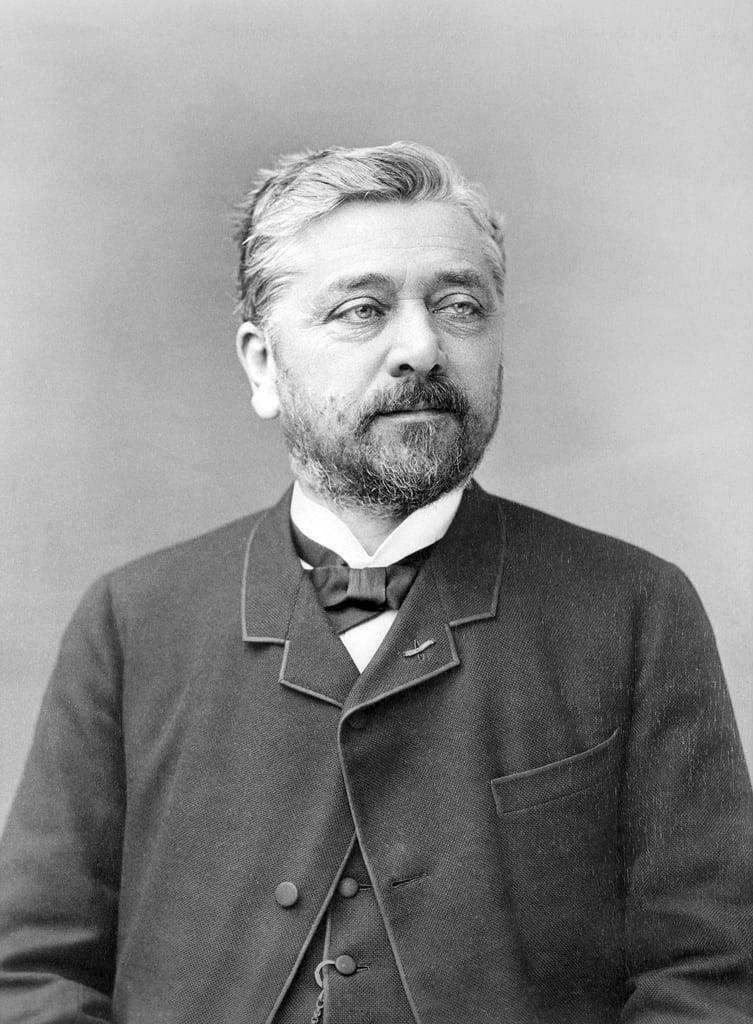
His most memorable and lasting work, however, was definitely the Eiffel Tower, which was completed in 1889.
15. Claude Debussy (1862 - 1918)
Claude Debussy was a French composer whose music still remains popular and appreciated to this very day.
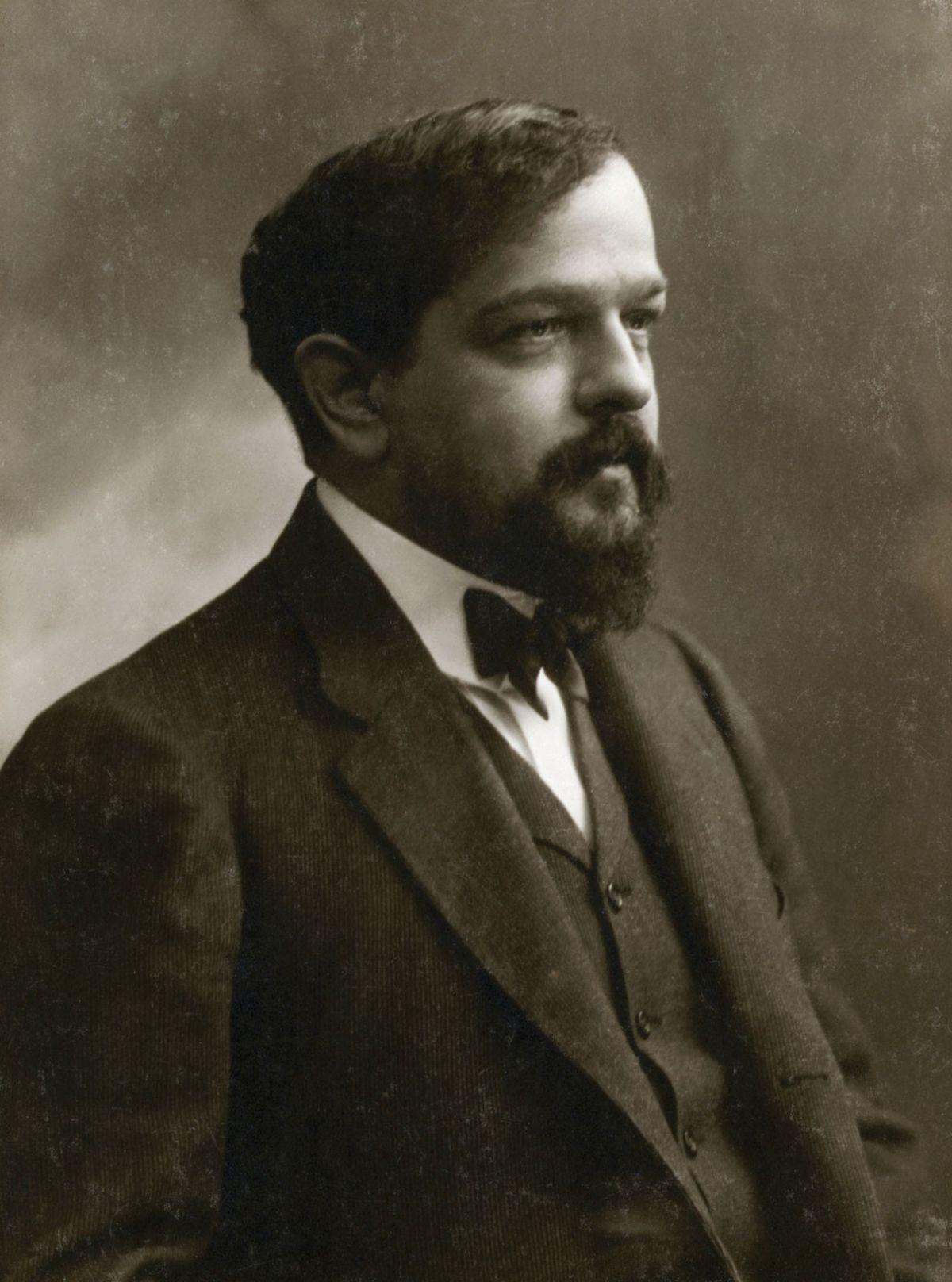
The composer developed a unique system of harmony and musical structure and inspired many other musicians.
His most celebrated works include the wonderful Clair de lune (“Moonlight,” in Suite bergamasque, 1890–1905), Prélude à l’après-midi d’un faune (1894; Prelude to the Afternoon of a Faun), the opera Pelléas et Mélisande (1902), and La Mer (1905; “The Sea”).
However, Debussy was responsible for many more classics.
You'll find that most classical music aficionados will be familiar with this composer's works.
Music is the silence between the notes.
Claude Debussy
16. Antoine de Saint-Exupery (1900-1944)
Antoine de Saint-Exupéry was a French aviator and author who became famous as he traveled and documented his exciting adventures as a pilot in his written works.
His literary endeavors culminated with the 1943 publication of Le Petit Prince (or The Little Prince in English), a classic in the eyes of many.
For those who have been educated in France or who studied the language in French class as part of an advanced course, this book will be one of those stories that they never forget.
Through The Little Prince, Antoine de Saint-Exupéry's legacy lives on forever.
The Little Prince is the second most translated book ever, with only the bible having been translated into more different languages.
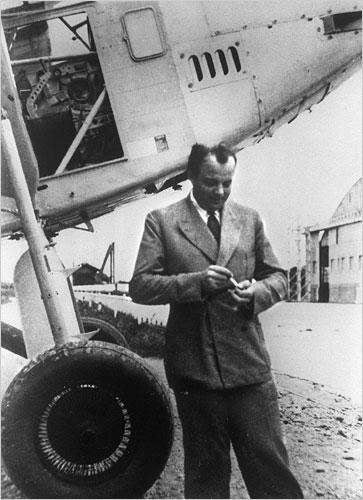
Beyond The Little Prince, Antoine de Saint-Exupéry is also famous for his works Wind, Sand and Stars and Night Flight.
It is only with the heart that one can see rightly; what is essential is invisible to the eye.
Antoine de Saint-Exupery
17. Edith Piaf (1915-1963)
France's famous chanteuse (French for singer) Edith Piaf, is perhaps the most famous French-language singer in the world. Her unique voice has trancended languages and is loved by all.
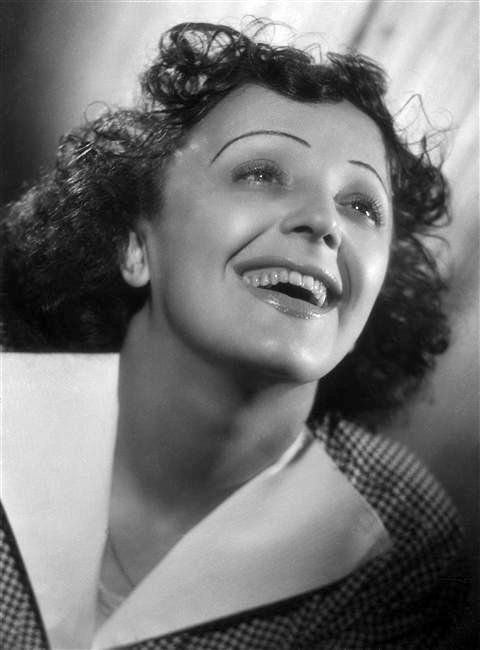
Piaf specialized in ballads, often autobiographical pieces about love, loss and sorrow.
This is epitomized in her classic "Non, je ne regrette rien" from 1960.
Her greatest strength was not so much in her technique but in her raw, passionate, and powerful voice.
This was especially impressive given how small she was (just 4.8 feet)!
Her life was the stuff of legend, starting with her dramatic rise from the Parisienne streets to become an international star.
She lost her only child at age three, overcame substance abuse, survived three car accidents, and fell into a seemingly endless stream of lovers, one of whom perished in a plane crash on his way to visit her.
She often tutored men in their dreams to become recording artists themselves, then dropped them once her mentorship had served its purpose.
By the time cancer claimed her life at age 47, Piaf had recorded a lengthy string of genre-defining classics: "Mon Légionnaire", "La Vie en Rose", "L'Hymne à l'Amour", "Milord", and "Non, Je Ne Regrette Rien" among them.
Her music is still adored throughout the world today amassing millions of listens each year.
Enjoy Edith's songs by learning French with French tutors near me!
I think you have to pay for love with bitter tears.
Edith Piaf
18. Coco Chanel (1883 – 1971)
Everyone has heard of Chanel, which is why we simply could not omit her from this list. Coco Chanel made such a mighty impact on the world of fashion throughout the years that her name has certainly gone down in history.
Fashion designer Coco Chanel became famous for her fashionable designs, including trademark suits and, of course, the LBD or little black dress.
If fame from her fashion endeavors wasn't enough, Chanel launched her perfume range in the 1920s and became an ambassador for producing attractive but comfortable clothing for women.
She went on to become a huge style icon despite her simple yet sophisticated appearance.
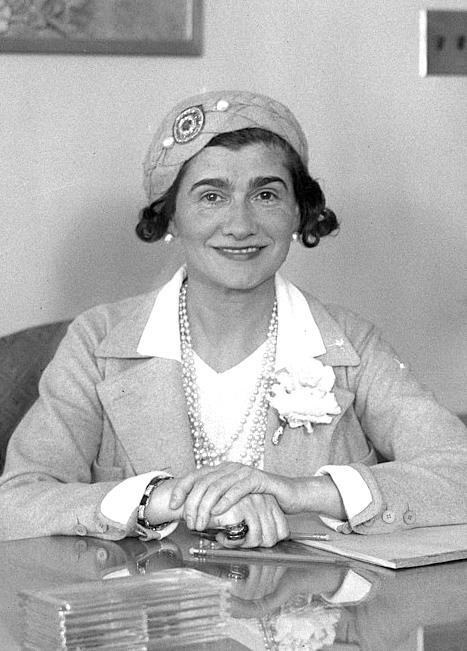
You may even have your own favorite French person - an actor, an author, a philosopher, a football player or a food expert/chef - who you feel has made a real impact on French society. If so, tell us in the comments as we would love to make their acquaintance and reference them!
A girl should be two things: classy and fabulous.
Coco Chanel
If this article was helpful, why not check out another one on important historical events in France?
19. Simone Veil (1927-2017)
Simone Veil is one of the most prominent French figures of the 20th and 21st centuries. Veil was brought up on the French Riviera in a Jewish family.
She was taken by German authorities in 1944 with her mother and sister to the Auchwitz-Birkenau concentration camp.
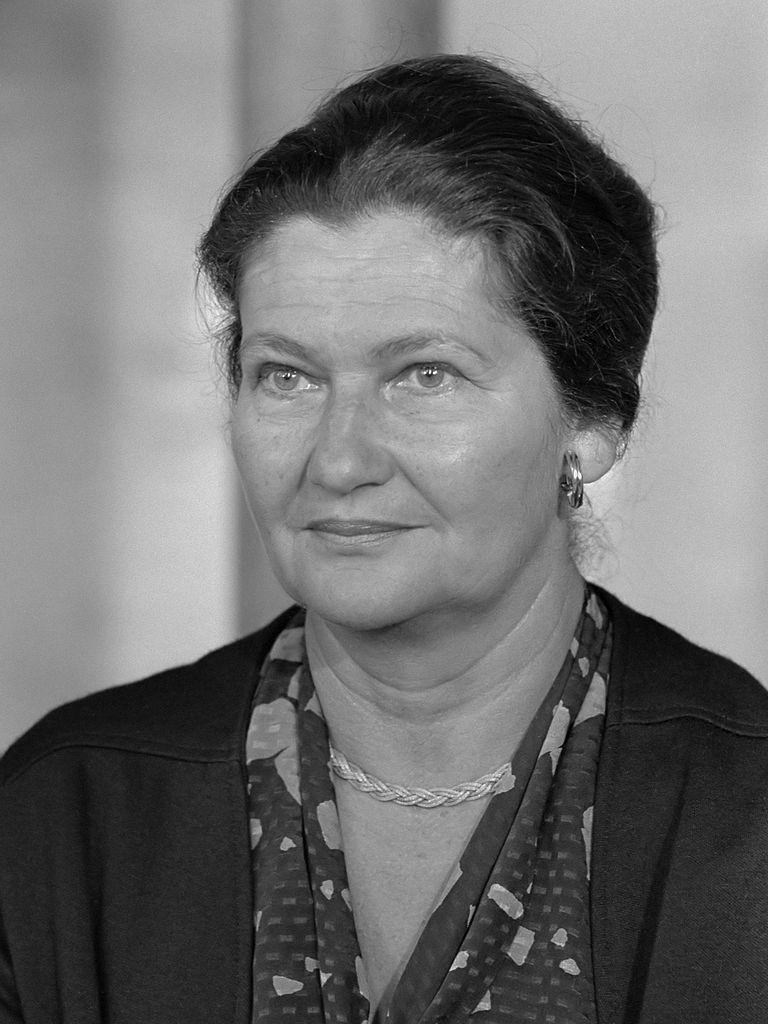
As one of the only family members to survive the war and cultural genocide of Europe in the 1940s, Veil overcame her extremely tough younger years to become arguably the most famous lawyer in France during the 20th century.
Her work was mostly centered around the women's rights movement, and she was instrumental in achieving dual parental control of family legal matters and adoptive rights for women.
Her most renowned contribution to French society, however, is the legalization of abortion in 1975.
The rest of her working life was spent dedicated to improving the lives of others. As a staunch European Union supporter, she served in roles with the EU as well as with the French government. Her fields of work included public health, the environment, women's rights, and human rights.
Upon her death in 2017, Veil was honored with a national ceremony in Les Invalids courtyard. Veil is now buried at the Pantheon, an impressive monument in Paris, dedicated to the great people of France. She joined several others in this list including Antoine de Saint-Exupery and Victor Hugo.
Pain is the root of knowledge.
Simone Veil
20. Zinedine Zidane (1972- )
This list wouldn't be complete without a current living legend of French culture.
Zinedine Zidane was born in the northern suburbs of Marseille to Algerian parents.
He rose through the ranks of the soccer world, dazzling onlookers with his technique and nonchalant ability.
Zidane is regarded as one of the greatest soccer players of all time, with a playing career spanning over 17 years at some of the biggest clubs in the world, including Juventus and Real Madrid.
He won the Ballon d'Or and the World Cup, scored the most iconic goal in Champions League final history and famously retired after being sent off for a headbutt in the final of the 2006 World Cup.
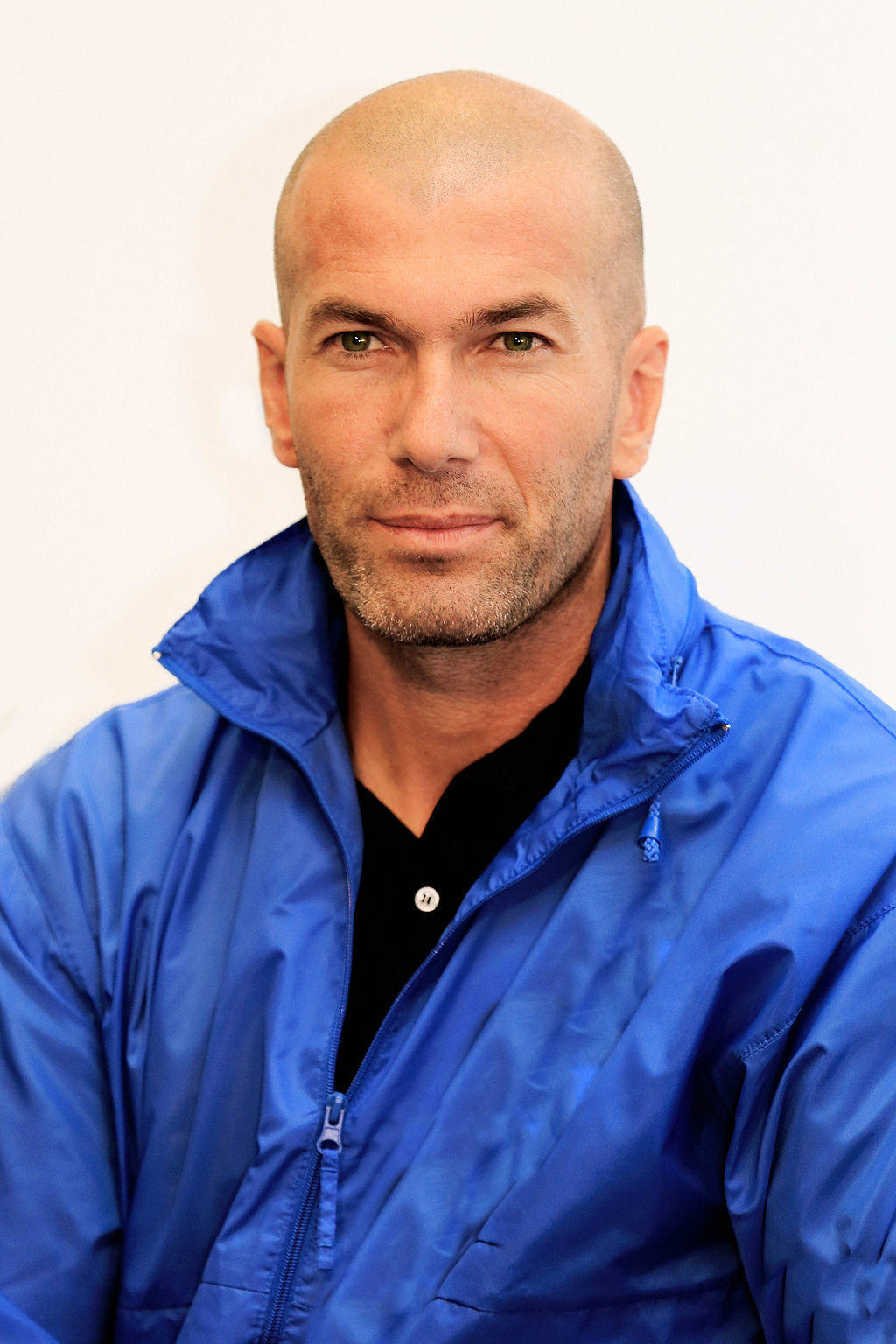
Since his achievements as a player weren't enough, Zidane's coaching career has been nothing short of exceptional.
After only a couple of years coaching at junior level, Zidane took control of the Real Madrid senior men's side. In just a few seasons he managed to win the Champions League on three consecutive occasions, and a total of 11 trophies in under five years of management.
"Zizou" is one of the most iconic figures of the world game, and his style has inspired thousands of young kids around the world to rise out of poverty and reach the world stage.
It was my father who taught us that an immigrant must work twice as hard as anybody else, that he must never give up.
Zinedine Zidane
Learn More about France and French People with Superprof
Not only can France's impact be seen on the world, but the people we've covered here have all greatly impacted their respective domains. Whether it's through politics, religion, art, music, cinema, or fashion, there's so much to explore when it comes to France.
As you can see, France is a fascinating country with an incredible history, amazing artists, and, most of all, a beautiful language. No matter what aspect of French culture you want to learn about, a private tutor can help.
We'd certainly recommend learning the language because it can act as a gateway to culture and history. After all, you can't separate the two.
Just search for what you want to learn (why not start with French?) and you can start browsing the profiles of the many talented and experienced private tutors offering their services via the Superprof site.
You could even learn French from a native French speaker. If there aren't any in your local area, don't worry. Thanks to online private tutoring, you can find tutors from all over the world and there are many of them in France as well as in other French-speaking countries like Belgium, Switzerland, and Canada.
Many of our tutors offer the firsts online french classes for free so you can try a few potential tutors out before you commit to the one that's right for you and how you like to learn!
















This helped me find out so much research for my toursim assignment, so thank you. Not only that but it also made me learn all about France.
I love ALL the info and the Pictures
And your web page helped me with a brochure assignment and now I can go to France
I heart it, I’m supposed to be doing a presentation on this. Thank you.
Hi Emma! I’m happy that the article was able to help you. I hope your presentation went great!
Amazing
Thank you for the feedback, Julia!
i like this it has good facts bru
Thank you for the feedback, Liv!
this is so Beautiful thank you
I appreciate the comment, Gowtham! I’m happy you enjoyed the article.
where is mbappe
It’s hard to understand how you could write an article about famous people and leave off Sarah Bernhardt.
Hello Carol! Unfortunately we cannot include every famous French person on our list, but I would love to know who else you would include in the comments!
what are 3 famous in france i’m trying to do a culture fest thing for school